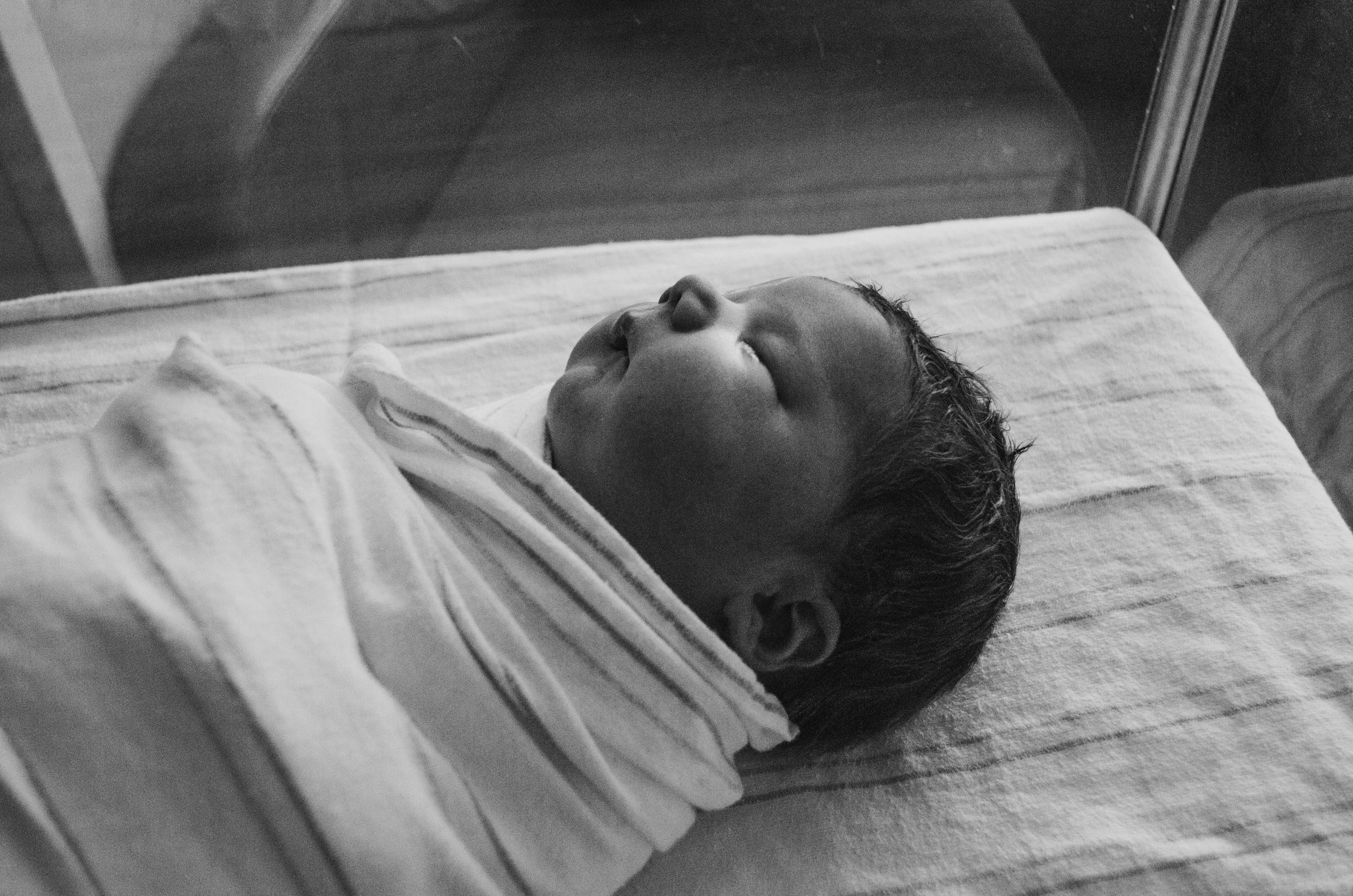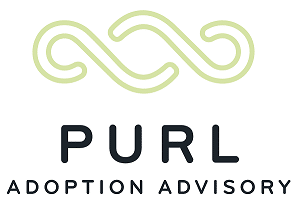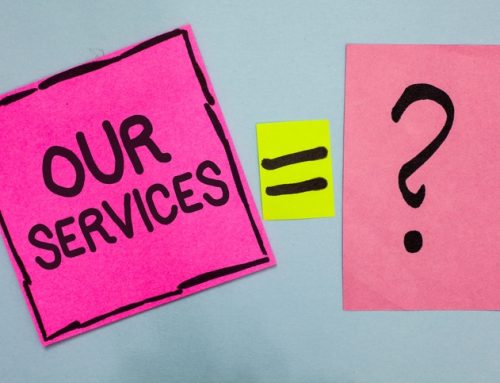
Are you considering adoption but hesitant due to the contradictory things you’ve heard about the process? Here are five myths we commonly hear about adoption, debunked:
-
Adoption will take years. The traditional (and outdated) model of adoption can take a long time. In this case, families sign up with one adoption agency and are limited only to expectant families working with that agency. However, if a family works with an adoption advisor, they will see situations from many different adoption professionals and can be chosen more quickly once they are home study approved—most within one year. Adoption outreach—or spreading the word you’re adopting in many different ways—can also increase the speed of your adoption. Purl families have been chosen and adopted in as little as 2 days to up to 13 months from the time they became home study approved.
-
Adoption will cost hundreds of thousands of dollars. The cost of domestic infant adoption can vary widely. At Purl, we see adoption opportunities with costs ranging from $6,000-$50,000, with most being in the range of $25,000-$37,000. While this is still a lot of money, families with adjusted gross incomes of $251,160 or less will qualify for the Adoption Tax Credit, which gives qualified families a dollar for dollar credit of up to $14,080 per child adopted. There are also amazing non-profit organizations that offer grants to families who are adopting—including my personal favorite, Gift of Adoption, who offers grants of up to $15,000 (yes, I’m totally biased because I’m on the Arizona Chapter board). There are also a lot of no-interest or low-interest loans available to families that are adopting.
-
The birth family will take their child back. The reality is that birth mothers who have placed their child for adoption understand the permanency of adoption—it isn’t the Lifetime movie that is depicted in the media. Ethical adoption professionals offer counseling to an expectant mother considering an adoption plan for her child, and in ideal situations the expectant family will have been advised of their legal rights by a separate adoption attorney. The laws for when an expectant family signs adoption consents vary widely state-to-state, but consents are typically irrevocable from a few days to a month after the birth of the child. Once an adoption is finalized, the adoptive family’s legal rights are as if they had birthed the child.
-
Birth mothers are unmarried teens or addicts, who don’t care about their child. Birth mothers come from all walks of life, but the consistent theme is that they are considering adoption because of the love they have for the child they have carried. Some birth mothers are young, but many others are in their twenties or thirties and already parenting other children. While some birth mothers struggle from issues relating to drugs or alcohol, many others don’t and have made the decision to choose an adoption plan for some other reason.
-
Open adoption is confusing for the child and is really just co-parenting. These days, adoptions typically range from semi-open (where adoptive parents and birth parents exchange updates through letters or pictures), to open (updates along with other contact, which may include visits). However, even in the most open of adoption situations, these relationships are never equivalent to co-parenting. An open adoption can help the child feel secure in their identity, and often answers many questions the child can have about their genetic heritage. It can also alleviate the child’s questions as to where they came from, and in many cases there is no need for a search for—or a reunion with—their birth family. While open adoption can be scary to those just starting out in adoption, it really just means there is that many more people who care for and love the child.
We will debunk more adoption myths soon—there are too many to include in just one post! If you are considering adoption, have concerns about the process, and would like to discuss them with an adoption advisor, please contact us at [email protected]. We offer free initial consultations so you can learn more about our process and determine if adoption and working with us is the right way for you to grow your family.

Are you considering adoption but hesitant due to the contradictory things you’ve heard about the process? Here are five myths we commonly hear about adoption, debunked:
-
Adoption will take years. The traditional (and outdated) model of adoption can take a long time. In this case, families sign up with one adoption agency and are limited only to expectant families working with that agency. However, if a family works with an adoption advisor, they will see situations from many different adoption professionals and can be chosen more quickly once they are home study approved—most within one year. Adoption outreach—or spreading the word you’re adopting in many different ways—can also increase the speed of your adoption. Purl families have been chosen and adopted in as little as 2 days to up to 13 months from the time they became home study approved.
-
Adoption will cost hundreds of thousands of dollars. The cost of domestic infant adoption can vary widely. At Purl, we see adoption opportunities with costs ranging from $6,000-$50,000, with most being in the range of $25,000-$37,000. While this is still a lot of money, families with adjusted gross incomes of $251,160 or less will qualify for the Adoption Tax Credit, which gives qualified families a dollar for dollar credit of up to $14,080 per child adopted. There are also amazing non-profit organizations that offer grants to families who are adopting—including my personal favorite, Gift of Adoption, who offers grants of up to $15,000 (yes, I’m totally biased because I’m on the Arizona Chapter board). There are also a lot of no-interest or low-interest loans available to families that are adopting.
-
The birth family will take their child back. The reality is that birth mothers who have placed their child for adoption understand the permanency of adoption—it isn’t the Lifetime movie that is depicted in the media. Ethical adoption professionals offer counseling to an expectant mother considering an adoption plan for her child, and in ideal situations the expectant family will have been advised of their legal rights by a separate adoption attorney. The laws for when an expectant family signs adoption consents vary widely state-to-state, but consents are typically irrevocable from a few days to a month after the birth of the child. Once an adoption is finalized, the adoptive family’s legal rights are as if they had birthed the child.
-
Birth mothers are unmarried teens or addicts, who don’t care about their child. Birth mothers come from all walks of life, but the consistent theme is that they are considering adoption because of the love they have for the child they have carried. Some birth mothers are young, but many others are in their twenties or thirties and already parenting other children. While some birth mothers struggle from issues relating to drugs or alcohol, many others don’t and have made the decision to choose an adoption plan for some other reason.
-
Open adoption is confusing for the child and is really just co-parenting. These days, adoptions typically range from semi-open (where adoptive parents and birth parents exchange updates through letters or pictures), to open (updates along with other contact, which may include visits). However, even in the most open of adoption situations, these relationships are never equivalent to co-parenting. An open adoption can help the child feel secure in their identity, and often answers many questions the child can have about their genetic heritage. It can also alleviate the child’s questions as to where they came from, and in many cases there is no need for a search for—or a reunion with—their birth family. While open adoption can be scary to those just starting out in adoption, it really just means there is that many more people who care for and love the child.
We will debunk more adoption myths soon—there are too many to include in just one post! If you are considering adoption, have concerns about the process, and would like to discuss them with an adoption advisor, please contact us at [email protected]. We offer free initial consultations so you can learn more about our process and determine if adoption and working with us is the right way for you to grow your family.



